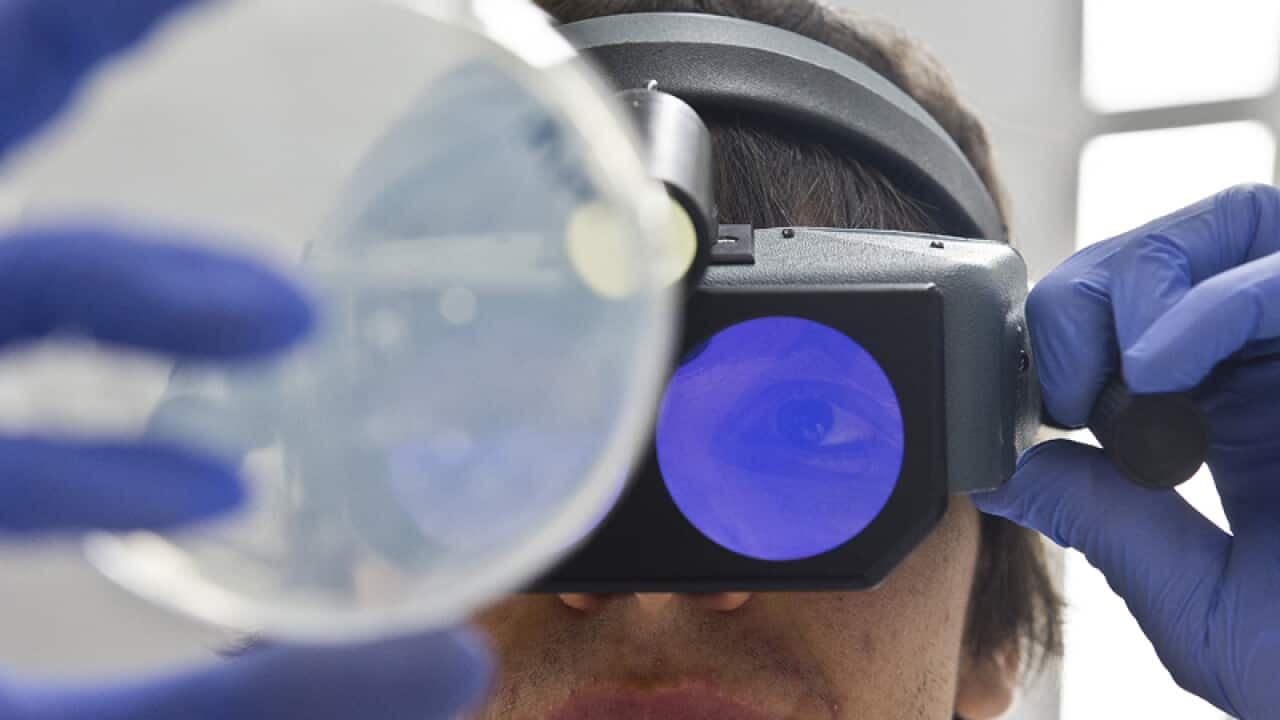Simple infections could turn deadly while chemotherapy and organ transplants may be deemed too risky in future unless authorities act quickly to cut the use of antibiotics in Australia, infectious disease experts warn.
Their warning was sparked by a woman who died in the United States after doctors were unable to find an antibiotic that could treat an infection she developed after breaking her leg.
The Australasian Society for Infections Diseases experts say the woman's death may herald a post-antibiotic era in which high-level antimicrobial resistance (AMR) is widespread, meaning disease-causing bacteria could become untreatable.
"Should this be the case, it would profoundly affect all areas of health care, and society," wrote the society's president Professor Cheryl Jones and her colleagues in the Medical Journal of Australia on Monday.
"Simple childhood infections would once again be life-threatening events, major surgery would be associated with high mortality, chemotherapy for cancer and organ transplantation would no longer be possible."
Australians are among the biggest users of antibiotics in the world.
Prof Jones and her colleagues argue that while some steps have been taken in Australia to reduce usage rates, more needs to be done to cut antibiotic use in humans and animals.
They want urgent priority given to the development of a co-ordinated approach targeting drivers of AMR, including the unrestrained use of antibiotics and the consumption of imported foods such as seafood and meat containing AMR organisms.
Prof Jones said the death of the woman in Nevada deeply alarmed her organisation and other experts around the world after it was reported by the US Centers for Disease Control and Prevention in January.
The woman had broken her thigh bone while travelling in India in 2016.
She was initially hospitalised and received antibiotics before returning to the US, where she developed systemic inflammatory response syndrome.
Her doctors identified an infection that was resistant to multiple drugs and the woman died of untreatable septic shock.
Prof Jones and her colleagues wrote that infectious disease experts and Australian government officials are expected to begin work on drafting an action plan at the Australian AMR Summit in Melbourne in June.
Watch: What happens when anti-biotics stops working and the super bugs take over?
Share






